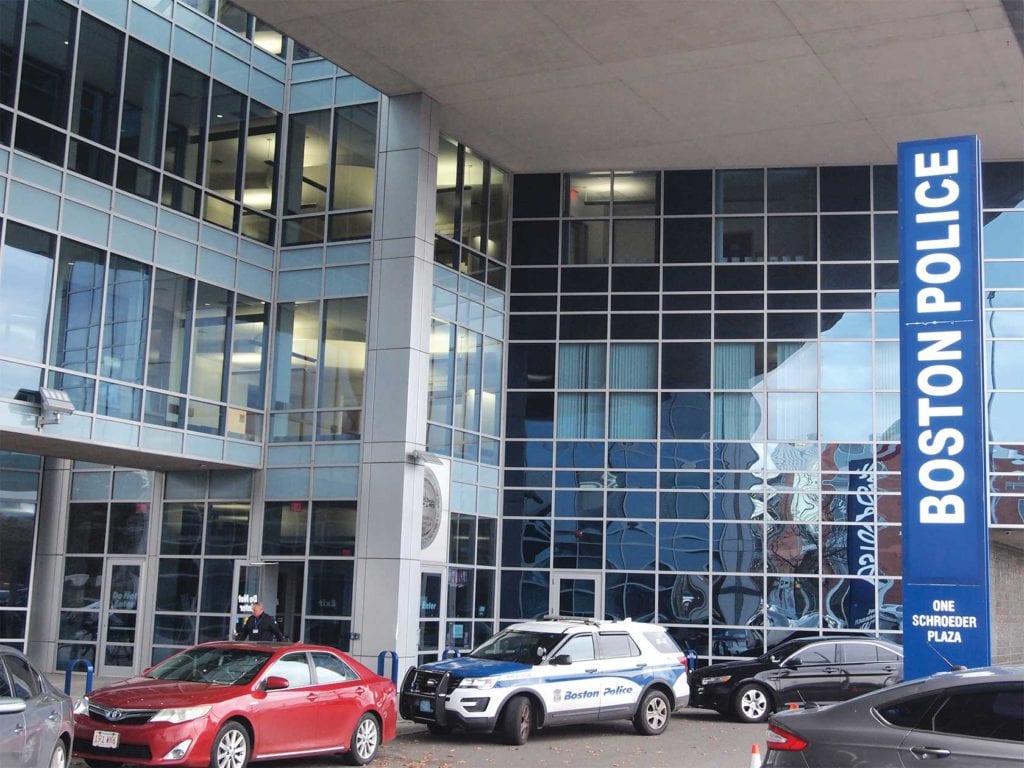BPD investigating overtime conflicts
Officers appear in court overtime records while on duty elsewhere

The Boston Police Department’s Bureau of Professional Standards is looking into data showing Boston police officers collecting overtime for court appearances while at the same time working outside of courthouses.
The dataset, compiled by the Woke Windows Project, compares court overtime records BPD officials shared with City Councilor Ricardo Arroyo with publicly available Boston police incident reports. It showed more than 120 instances where officers were collecting overtime for appearing in court while simultaneously conducting arrests, traffic stops and field intelligence observation reports (FIOs), sometimes miles from the nearest courthouse.
The Banner shared the Woke Windows dataset with the department Sept. 25.
Boston Police Sergeant Detective John Boyle, a BPD spokesman, said the department will not comment on the matter until the Bureau of Professional Standards completes its investigation, which may take several weeks.
“It will be an extensive investigation,” he said.
Police collect overtime pay — a minimum of four hours at time-and-a-half – for court appearances, but only if they’re not on duty while they’re in court.
Arroyo, who Monday filed an order for a hearing on police overtime, said the appearance of officers improperly collecting overtime underscores the need for more effective oversight.
“One of the things I noticed with the data is that there don’t appear to be checks and balances,” he said. “It doesn’t make sense that this wouldn’t have raised a flag already.”
Arroyo received the data from the police July 30 after filing a 17F request, then made the data public. Of more than 30,000 records a year between 2014 and 2019, researcher Nathaniel Story of the Woke Windows project found 126 instances where officers wrote incident reports for arrests, traffic stops or FIOs that occurred away from courthouses.
The data does not disclose in which courts officers appeared. Nor does it include docket numbers or information revealing for what specific case the officers appeared in court. It does include the nature of the hearing — trial, motions hearing, pre-trial hearing, court prep. That data also reveals interesting tidbits, including instances where officers claimed seven hours for motions hearings and clerk magistrate hearings — normally perfunctory matters.
If verified, the apparent inconsistencies in filings identified by the Woke Windows data would not be the first instance of officers improperly collecting overtime pay. In 2012, BPD disciplined 10 officers for appearing in court when not formally requested to do so by prosecutors or for staying in court longer than needed. The officers were disciplined after an audit of court appearances in 2010 and 2011 that found at least 300 instances of court overtime filings that appeared questionable.
Arroyo says he would like to see the city put in place internal controls in the police department to ensure public dollars are not being wasted.
“Ultimately, we’re cutting their checks,” he said. “What oversight are we creating for this system?”







